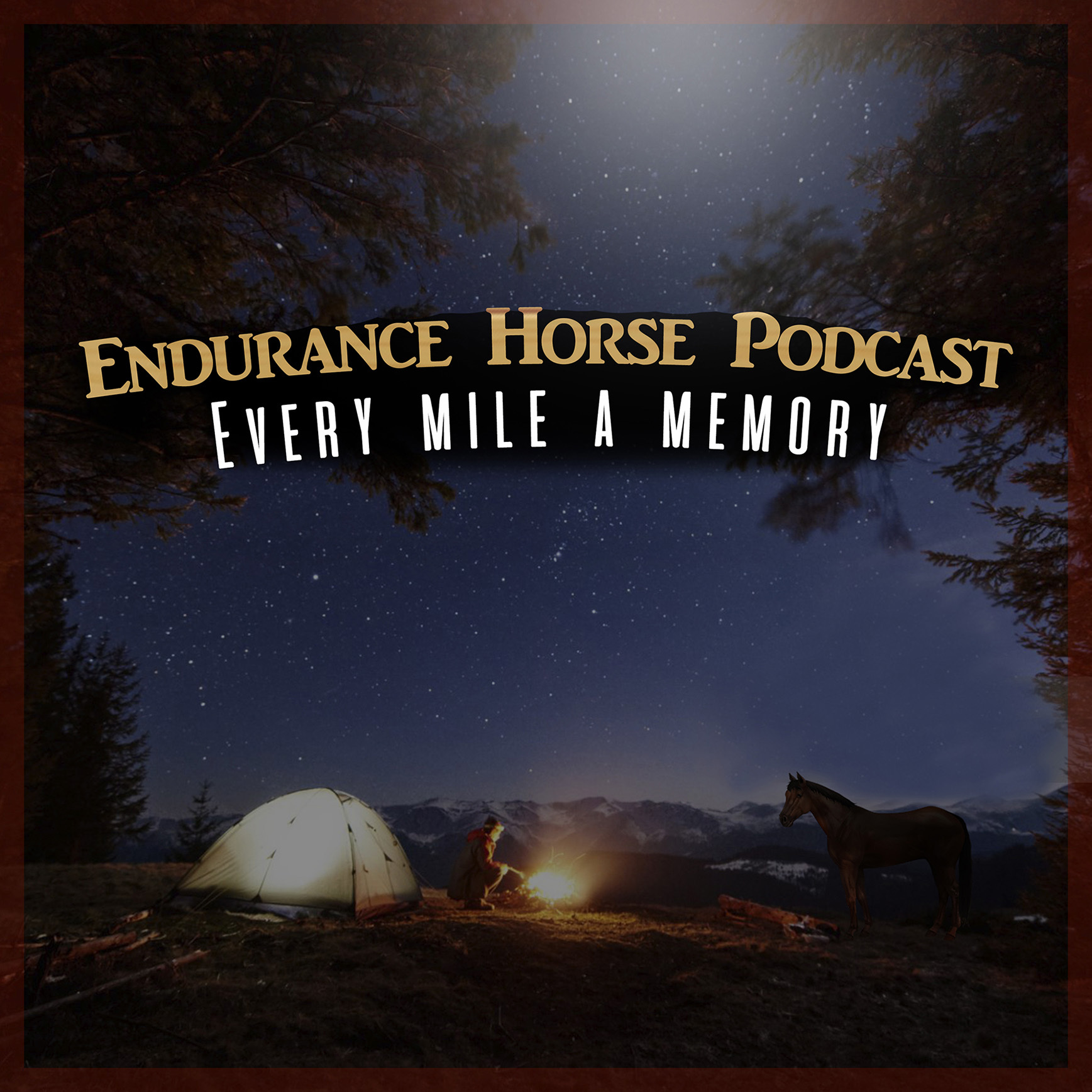POSTED ON JANUARY 18, 2021 BY CHRISTINE BRUNE
American Horse Publications (AHP) launches its fifth Equine Industry Survey at www.ahpequineindustrysurvey.com. Horse owners who live in the United States, are 18 years of age and older, and who currently own or manage at least
The survey, which is conducted every three years, will gauge participation trends and management practices in the U.S. equine industry, identify critical issues facing the equine industry as perceived by those who own or manage horses, and better understand issues pertaining to horse health.
The online survey is made possible by a sponsorship from Zoetis, the leading animal health company dedicated to improving equine wellness, every day. Zoetis has sponsored the survey since its inception in 2009.
“Zoetis is proud to continue our sponsorship of the AHP Equine Industry Survey,” said Jeannie Jeffery, vice president of the Zoetis U.S. equine business. “We hope that the survey will continue to help identify successes and opportunities for improvement in the equine industry that horse owners, veterinarians and professionals can unite to resolve.”
“AHP is grateful for its partnership with Zoetis to provide ongoing and vital data on the trends in horse care, management, and welfare of horses in the U.S.,” said Christine W. Brune, AHP executive director. “We appreciate the collaborated effort of AHP members and the industry in promoting this survey and will strive to maintain or exceed previous responses in 2021.”
The study is anonymous; this means that no one – not even members of the research team – will be able to associate information that is given with respondents. When the survey results are tallied, only aggregated results will be presented.
The survey sponsor and AHP members who promote the survey will receive complete results of the 2021 survey to release through their own channels up to 60 days prior to release of the survey results to the AHP membership. The general equine industry may request a summary of this new information by contacting the AHP office at ahorsepubs@aol.com in October 2021.
Horse owners and enthusiasts are invited to promote the survey by sharing this link with horse-owner groups and individual horse owners. The more information we collect, the better we make our world for horses.
The 2021 AHP Equine Industry Survey is being conducted by American Horse Publications (AHP). Dr. C. Jill Stowe is providing consulting services for data collection and analysis to the AHP. Dr. Stowe is currently an associate professor of Agricultural Economics at the University of Kentucky.


